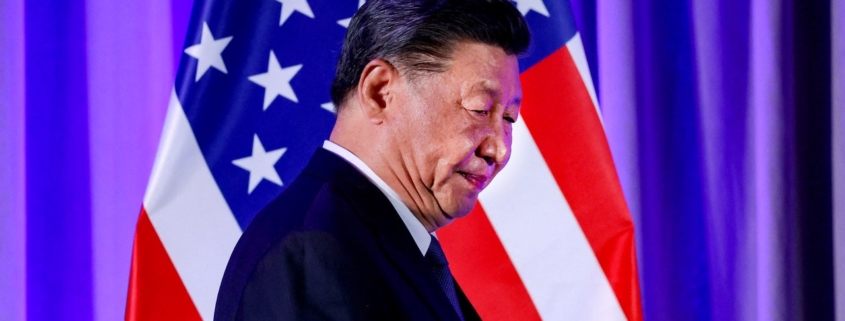Exclusive-US disabled Chinese hacking network targeting critical infrastructure, sources say
By Christopher Bing and Karen Freifeld
(Reuters) – The U.S. government in recent months launched an operation to fight a pervasive Chinese hacking operation that successfully compromised thousands of internet-connected devices, according to two Western security officials and one person familiar with the matter.
The Justice Department and Federal Bureau of Investigation sought and received legal authorization to remotely disable aspects of the Chinese hacking campaign, the sources told Reuters.
Known as Volt Typhoon, the malicious cyber activity has alarmed intelligence officials who say it is part of a larger effort to compromise Western critical infrastructure, including naval ports, internet service providers and utilities.
Such breaches could enable China, national security experts said, to remotely disrupt important facilities in the Indo-Pacific region that in some form support or service U.S. military operations.
A Justice Department spokesperson declined to comment. A spokesperson for the FBI and the Chinese embassy in Washington did not immediately respond to a request for comment.
When Western nations first warned about Volt Typhoon in May, Chinese foreign ministry spokesperson Mao Ning said the hacking allegations were a “collective disinformation campaign” from the Five Eyes countries, a reference to the intelligence sharing grouping of countries made up of the United States, Canada, New Zealand, Australia and the UK.
(Reporting by Christopher Bing in Washington and Karen Freifeld in New York; Editing by Chris Sanders and Lisa Shumaker)



